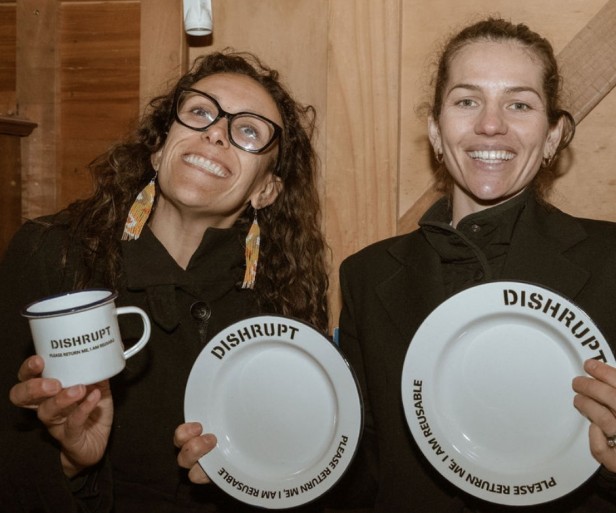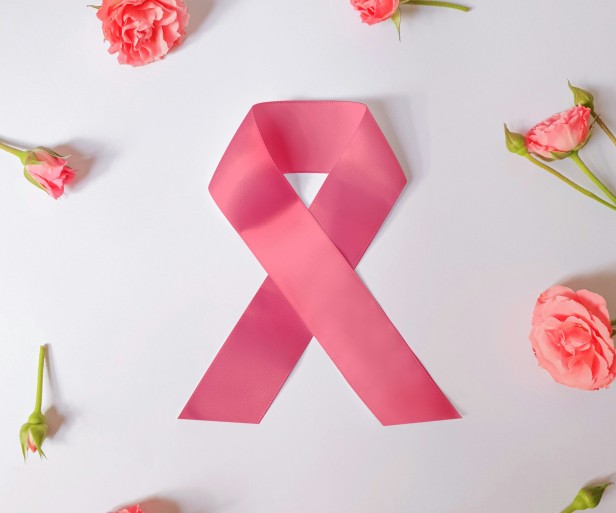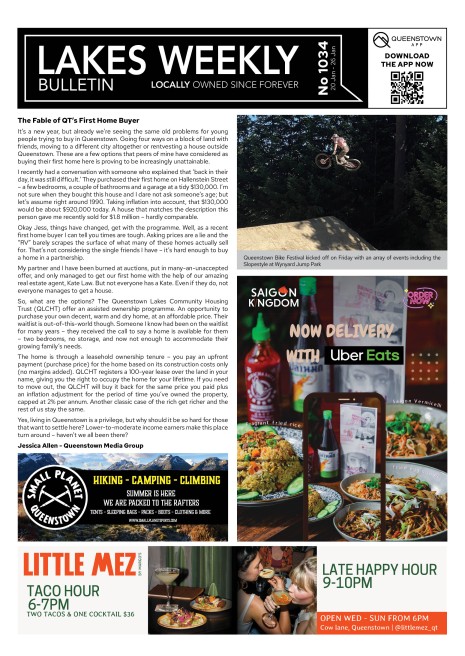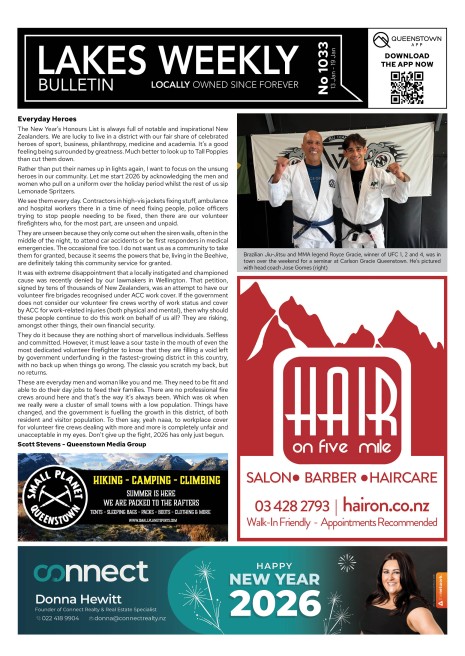Hud Rapata - To be or not to be…..Māori
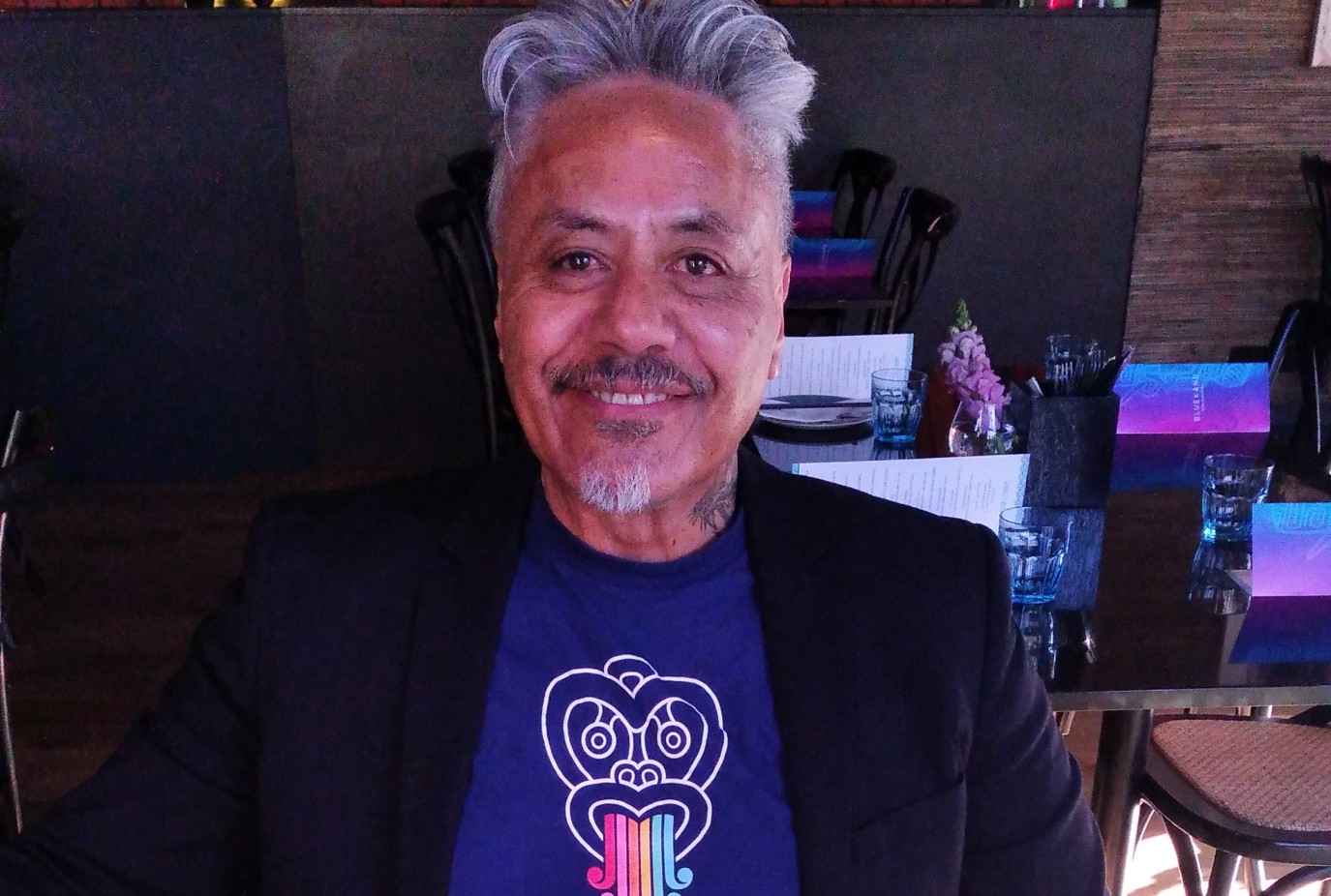
Raised as an ‘urban Māori’, distinctly separated from his Maoritanga roots, Hud Rapata spent his childhood years in Cambridge and Twizel, totally unaware that he looked any different to his Pakeha friends.
“We were children, and we didn’t notice things like the colour of our skin as we weren’t living in an adult world,” he says.
Rapata’s family, with the four youngest of 12 kids, moved from Waikato to Fairlie when he was nine in 1969 where his father worked on the Upper Waitaki Hydro Scheme. They moved to Twizel once housing was built. “There was a huge Māori population there, upwards of 8000 people, mostly from the North Island, but few Māori kids, so I was raised with Pakeha kids.”
“I knew little customary tikanga or Te Reo. My parents certainly didn’t speak it. It just wasn’t relevant,” Rapata says. “I told Dad I was doing kapa haka at school once and he said, ‘Don’t talk nonsense’.”
It wasn’t until Rapata reached his 20s that it all became extremely confusing and hard to grasp. The attitudes of the adult world around him had crushed that childhood innocence. “I didn’t even think of myself as being Māori as it was never spoken around us, my parents didn’t indulge in any Māori culture or traditions. They were careful not to immerse us in that as it had probably been beaten out of them by society,” Rapata says. “But I learned, by being at the coalface, that I was different.”
He started to really consider his identity and began a challenging time of self-discovery. “It was a huge transition. I’d pushed myself in the western world to become a ‘good Māori’,” Rapata says.
“I’d denounced my Māoriness and that led me to despise them as a race and think of Māori as Pākehā would, just to fit in. It was no problem to me to look down on Māori as useless,” he says.
“When you hear of intergenerational trauma you don’t understand until you’re confronted with it, the stereotypes and racism. You realise that who you are is judged by the colour of your skin,” he says. “I worked for years to be accepted and prove my value, over and over.”
At 30, it all became so confronting that he went back to school to finish his education, completing fourth to seventh forms at Invercargill’s Kingswell High School – the first adult student in Invercargill to do so. He’d left school at 15, working with his dad on the dam, as was expected. “I knew I’d never get past second or third to be foreman.”
Rapata was the first beneficiary of a charitable fund bequeathed by Invercargill MP Norman Jones set up for adults needing re-education. Here he was teased for being so old in the class, but left with good passes in economics and maths, then completed a year-long business diploma at Southland Polytech. “It totally changed my life.”
He worked for the Labour Department in the mid-90s, becoming an advisor in community building and employment, working on the likes of the Hump Ridge Track. The general manager in Wellington then shoulder tapped him to the capital as national advisor working on policies and procedures for major events like the APEC Summit. “I worked closely with Lockwood Smith (Cabinet Minister) writing government policy and procedures.” He worked on policies around foreign buyers purchasing property in NZ and even received a letter of thanks from the government.
Rapata was then invited onto a South Island Māori Advisory team. He worked alongside Ngāi Tahu whānau groups and assisted organisations to hui about tribal matters in the early days of Treaty settlement negotiations, all under the management of late Parekura Horomia.
He moved to Queenstown in 2000 to explore entrepreneurial opportunities, launching Haka Pa at Waterfall Park, then contract driving his own tour coaches to Guthrie Tours.
Rapata is pleased to see many of the old racist attitudes gradually fading. “Many of us Baby Boomers grew up with that engrained in our culture, but for my children, and especially theirs, thankfully that’s changing.
“NZ’s born on a dual culture – the Tiriti (Treaty) people and the tangata whenua. We now have a multicultural society imbedded through immigration which is starting to influence us. We’re becoming more acceptable. There’s hope.”
Queenstown is quite accepting of different cultures which helps Māori to walk with pride within this community, he says.
Check www.lwb.co.nz for the results of last week’s KUMA Southern Māori Business Awards



